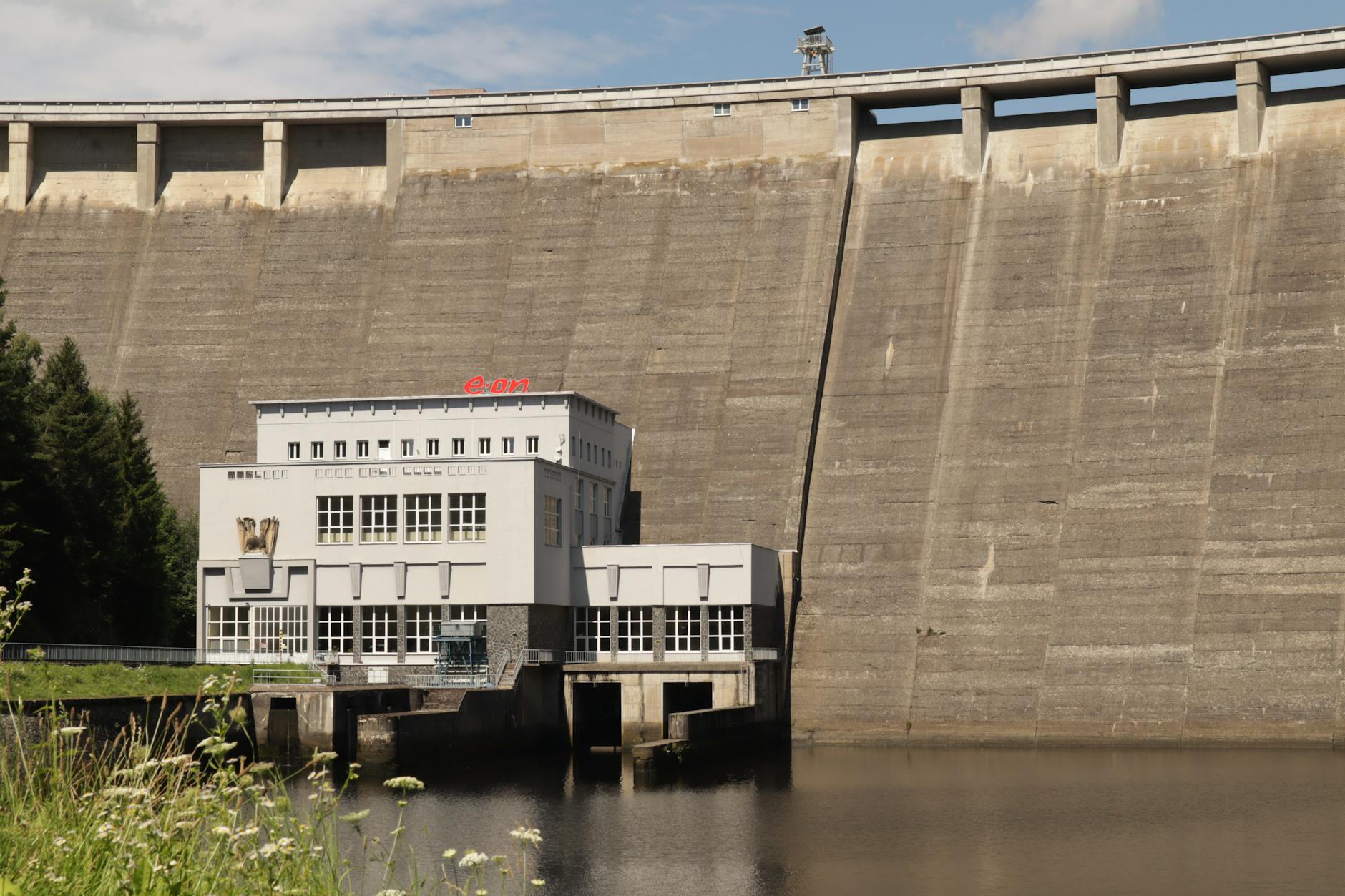AI and IoT: Transforming UK Cities with Smart Innovation
In today’s digital age, Artificial Intelligence (AI) and the Internet of Things (IoT) are revolutionizing the way cities function and are paving the way for smart urban development. In the United Kingdom, cities have been quick to embrace these technologies to transform themselves into smarter, more efficient, and sustainable places to live and work. From advanced transportation systems to innovative energy management, AI and IoT are reshaping the urban landscape in the UK.
The Rise of Smart Cities in the UK
With an increasing focus on sustainability and efficiency, UK cities are turning to AI and IoT to address urban challenges and enhance the quality of life for their residents. Smart cities leverage technology to optimize services and resources, reduce energy consumption, and improve overall livability. London, Birmingham, Manchester, and Glasgow are among the leading cities in the UK that are at the forefront of the smart city revolution.
AI-Powered Transportation Systems
One of the key areas where AI and IoT are making a significant impact is in transportation systems. AI algorithms are being used to analyze traffic patterns, optimize public transportation routes, and improve traffic flow. In London, for example, AI is being used to manage traffic signals dynamically, reducing congestion and improving air quality. IoT sensors installed in public transportation vehicles help track performance, improve scheduling, and enhance the overall commuter experience.
Enhancing Energy Management with IoT
Another critical aspect of smart city development is energy management. IoT devices are being deployed to monitor energy usage in buildings, street lights, and other infrastructure. By collecting real-time data on energy consumption, cities can identify areas of inefficiency and implement strategies to reduce waste. For instance, smart meters allow residents to track their energy usage and make informed decisions to lower their carbon footprint. This data-driven approach not only helps cities reduce costs but also contributes to environmental sustainability.
IoT-enabled Waste Management
Efficient waste management is essential for maintaining clean and healthy urban environments. IoT technologies are being leveraged to optimize waste collection processes, reduce landfill usage, and promote recycling initiatives. Smart bins equipped with sensors can detect when they are full and schedule pickups accordingly, minimizing unnecessary trips and reducing operational costs. Furthermore, connected sensors help monitor waste levels in recycling containers, facilitating targeted recycling campaigns and maximizing resource recovery.
AI in Urban Planning and Infrastructure
AI plays a crucial role in urban planning and infrastructure development by analyzing vast amounts of data to inform decision-making processes. Machine learning algorithms can predict future trends, anticipate infrastructure needs, and optimize resource allocation. This data-driven approach enables city planners to design sustainable and resilient urban environments that cater to the evolving needs of the population. From smart building design to predictive maintenance of critical infrastructure, AI is reshaping the way cities are planned and developed.
Conclusion
As AI and IoT continue to advance, the potential for transforming UK cities into smarter, more sustainable, and livable spaces is enormous. By harnessing the power of these technologies, cities can enhance service delivery, reduce environmental impact, and improve the overall quality of life for their residents. The integration of AI and IoT in urban development is not just a trend; it is a necessity for creating cities that are efficient, resilient, and future-ready. Embracing smart innovation is key to building a better tomorrow for UK cities and their inhabitants.


